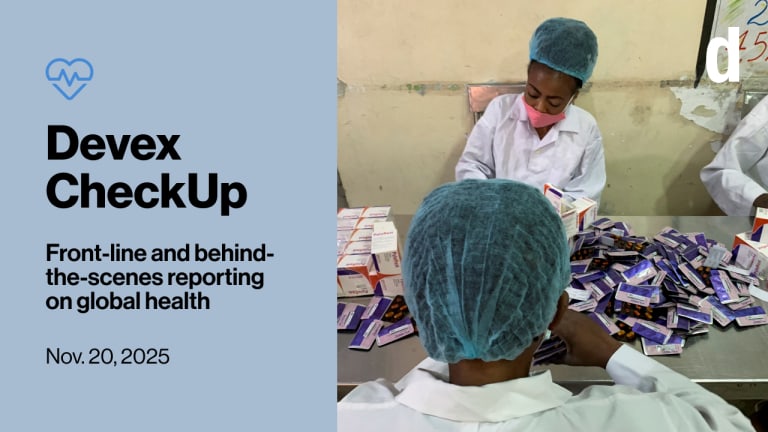Zambia deletes 'sexual' from SRHR in blow to LGBTQ+ and rights groups
A move by Zambia to take the word “sexual” out of “sexual and reproductive health and rights” as part of an LGBTQ+ crackdown has raised the eyebrows of activists and donors, with some warning that this could lead to an “entrenchment of patriarchal norms” and particularly impact HIV service provision.
The attempt was recently outlined in a letter dated Sept. 21 by professor Christopher Simoonga, permanent secretary in the Ministry of Health, and sent to all provincial health directors in the southern African country. In the memo, Simoonga claimed that the second joint Africa-European Union Ministerial meeting that was held in Kigali in October 2021 “rejected the use of the term ‘sexual and reproductive health and rights’” — despite denials from the European Union.
“This is because the inclusion of the words ‘sexual’ and rights in the same phrase is inclusion of Lesbian, Gay, Bisexual, Transgender and Queer rights,” Simoonga said in the letter, explaining the reasoning behind the move. “Zambia was party to the decision by the African Union and does not support LGBTQ rights.”
Search for articles
Most Read
- 1
- 2
- 3
- 4
- 5








